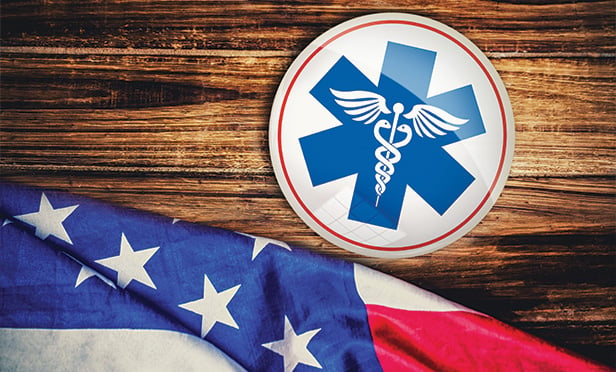 A Senate version of the bill has more than 40 co-sponsors, but there is no plan to take up the issue at this date.
A Senate version of the bill has more than 40 co-sponsors, but there is no plan to take up the issue at this date.
After two votes to delay the implementation of the ACA's “Cadillac tax,” on high-dollar employer-sponsored health insurance plans, the House has voted to kill the provision altogether.
On Wednesday afternoon, the House approved the Middle Class Health Benefits Tax Repeal Act of 2019, dealing another blow to the already battered ACA.
“The House action to repeal the Cadillac tax is welcome news for both employers and employees,” says Brian Marcotte, President and CEO of the National Business Group on Health. “It's been our steadfast position that Congress should eliminate the excise tax. Any tax that raises the cost of health benefits will harm the millions of working Americans and their families who rely on and value employer-sponsored health coverage.”
The intent of the tax was to prevent abuse of tax law exempting health insurance spending from income tax calculations and also to discourage employee over-utilization of medical services, a contributor to overall health care spending. Proceeds were also earmarked to fund other ACA programs.
Despite the potential benefits, employers and other industry leaders long spoken out against the tax and its the negative impact on employers and employees. According to the data from the NBGH, 73 percent of employers would be affected by the tax in 2022, increasing to and 94 percent by 2026.
The 40 percent tax, which would be based on general inflation instead of the more rapidly increasing medical inflation, would shift a greater share of the financial burden of health care to the employee, industry groups argued, while driving more employers to adopt high-deductible health plans to keep spending below limits.
“While the excise tax is only intended to target high-value plans, modest plans will also be impacted, meaning millions of Americans and their families could face higher copays and deductibles, causing some to decline employer-provided health care,” Society of Human Resources Management CEO Johnny C. Taylor wrote in a letter supporting the repeal.
The Congressional Budget Office estimates that repeal of the bill will increase deficits by $197 billion over the next decade.
A Senate version of the bill has more than 40 co-sponsors, but there is no plan to take up the issue at this date. Says NBGH vp of public policy Steve Wojcik, “There is widespread, bipartisan support to repeal this tax, and we strongly urge the Senate to also take action to eliminate this highly unpopular tax.”
Complete your profile to continue reading and get FREE access to BenefitsPRO, part of your ALM digital membership.
Your access to unlimited BenefitsPRO content isn’t changing.
Once you are an ALM digital member, you’ll receive:
- Breaking benefits news and analysis, on-site and via our newsletters and custom alerts
- Educational webcasts, white papers, and ebooks from industry thought leaders
- Critical converage of the property casualty insurance and financial advisory markets on our other ALM sites, PropertyCasualty360 and ThinkAdvisor
Already have an account? Sign In Now
© 2024 ALM Global, LLC, All Rights Reserved. Request academic re-use from www.copyright.com. All other uses, submit a request to [email protected]. For more information visit Asset & Logo Licensing.








